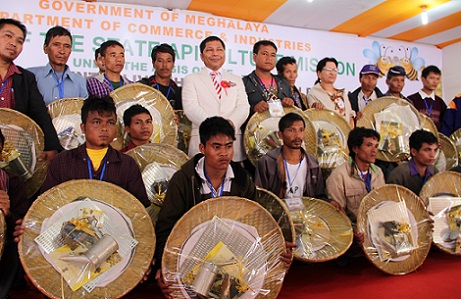
SHILLONG, OCT 16: Commenting on the minimal success of state and central projects doled out over the years and how the impacts have only just trickled down to the common man or missed them altogether, Meghalaya chief minister Mukul Sangma said because of this chronic problem that it was necessary for the present government to come up with initiatives in mission mode so that it was possible to reach out to more people.
Sangma made the observation during the launching of the State Apiculture Mission which is one of the missions under the IBDLP and expected to play a crucial role in poverty reduction, employment generation and livelihood promotion.
State Commerce & Industries department in partnership with the MIE, Shillong, launched the State Apiculture Mission under the aegis of the Integrated Basin development and Livelihood Promotion Programme (IBDLP) on Thursday at Polo ground.
Besides chief minister Mukul Sangma who graced the occasion as the chief guest others who were present during the launch of the Apiculture were home minister R Warjri, chief secretary PBO Warjri, PW Ingty, principal secretary of Commerce and Industries department, P Jain, Commissioner and Secretary of Planning department.

Sangma explained that honey was indeed a product that needed to be invested in as it would provide bee keepers with a livelihood that was sufficient and sustainable. He also spoke keenly on the medical value that occurs in honey. He was excited at the thought of being able to tap this medical property of honey and thus increasing it commercial value. This in itself would be enough to motivate the government and entrepreneurs to invest in honest and make it “the best honey in the world”, he said.
The Apiculture Mission has been initiated across the state in a convergent mode with the department of Commerce and Industries. The mission has been designed to spur initiatives integrative with Meghalaya’s biophysical attributes to confer livelihood improvement through gainful employment of the local populace.
The Apiculture Mission was conceived as a mission-mode and the apiculture development strategy underpinned by intensified honey production, domain expansion of honey product development, creation of market linkages for profitable marketing of honey and honey products, and community engagement for creating an effective and sustainable income source through infrastructural and human capacity development.
Commerce and Industries department principal secretary PW Ingty said the reason behind launching the Apiculture Mission, “The vision of the mission is to scale up and promote apiculture as an organised industrial enterprise which will provide livelihoods and gainful employment opportunities.”
Planning department commissioner and secretary P Jain said that the core beliefs of the Apiculture mission is in synergy with that of the IBDLP programme in that “each family must have at least three livelihoods.”
Jain observed that Bee keeping has “always been taken up more as a hobby than a livelihood.” He, however, felt that by training local bee keepers behind the science of bee keeping, honey cultivation can become an enterprise that can run in tandem with other sources of livelihoods.
Jain informed that IBDLP will help each bee keeper “with the seed capital” which would be handing over bee boxes to interested entrepreneurs even as he gave example of Williamnagar, where construction of bee boxes have been specialized to the point that these bee boxes are some of the best in the country.
Home minister Roshan Warjri spoke on “preservation of the environment and uplifting the economic activities of people in the state as a whole.” She spoke briefly on the medicinal property of honey and cited the example of how “people in other cities always asked me to bring a bottle of honey from Meghalaya for them when I was visiting the city”; this was an example of how popular the honey in Meghalaya was in the country. She also spoke on the use of technology to harvest honey efficiently in the state.- By Our Reporter



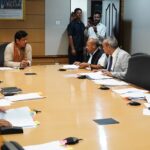
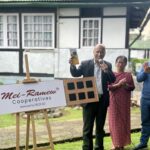





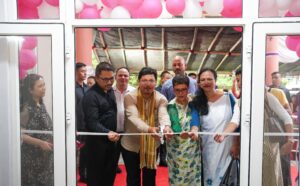
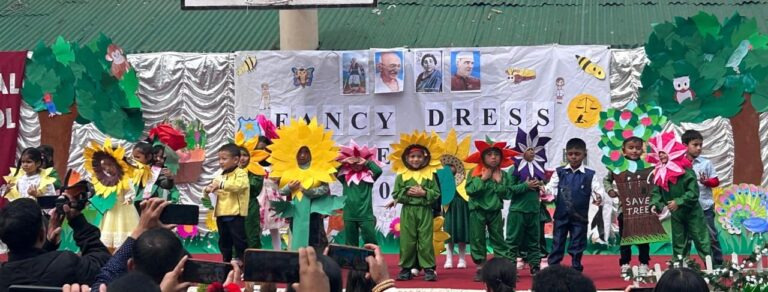
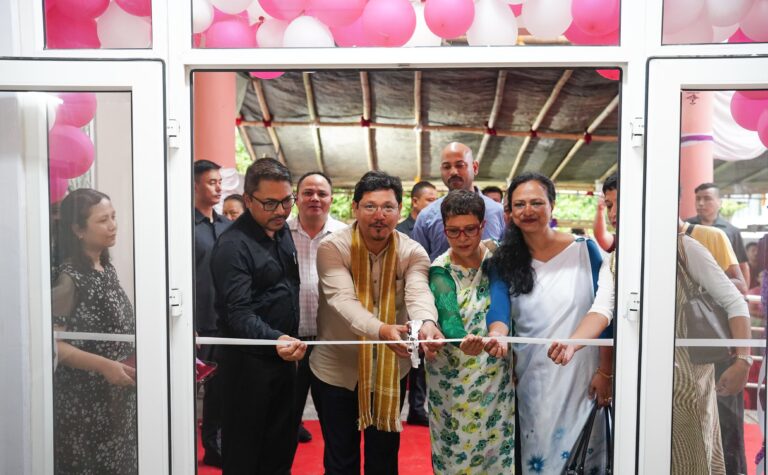
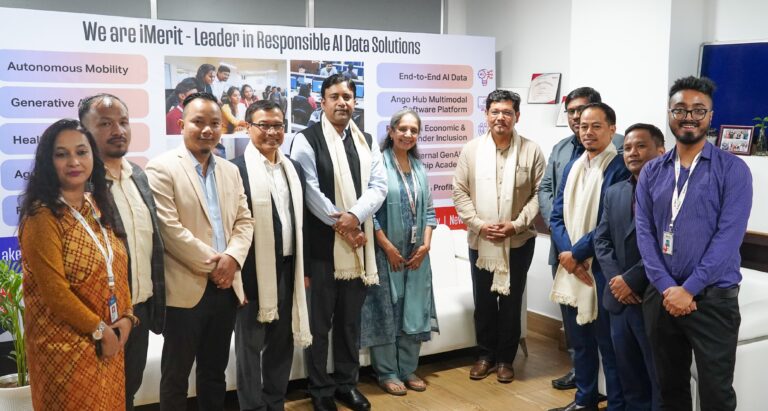
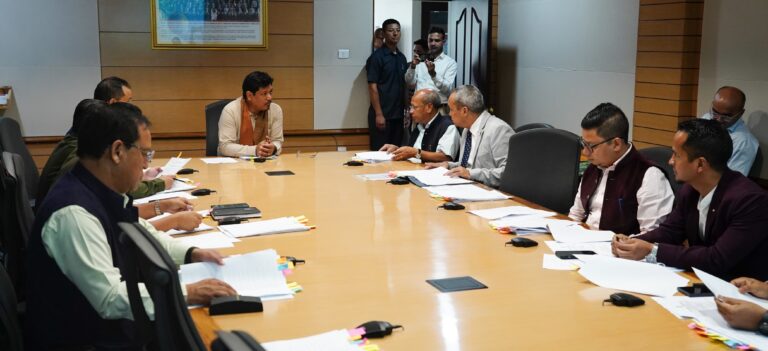
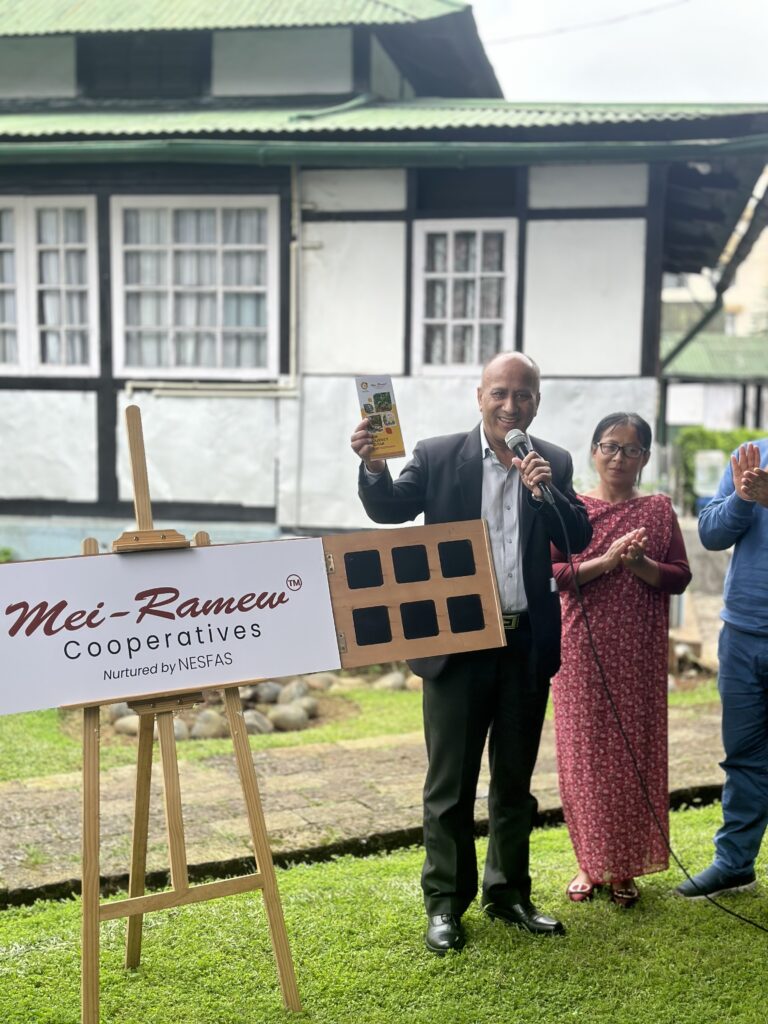

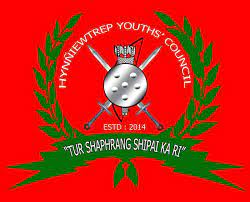


+ There are no comments
Add yours